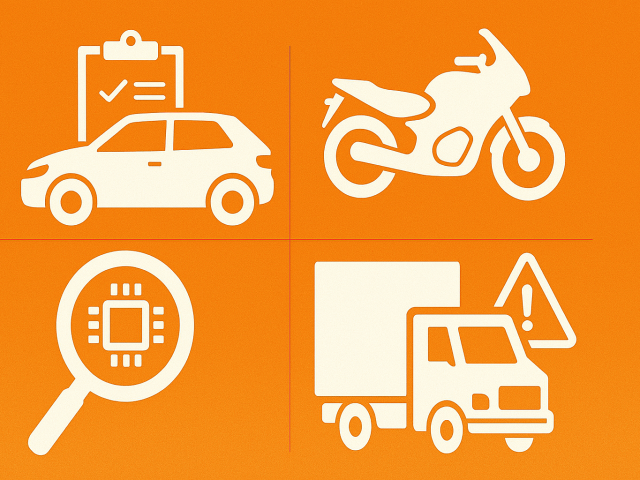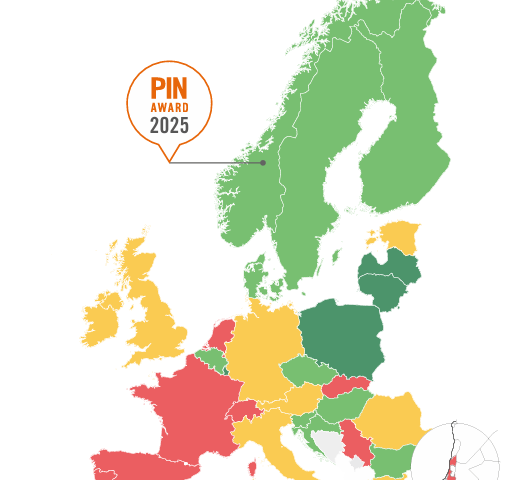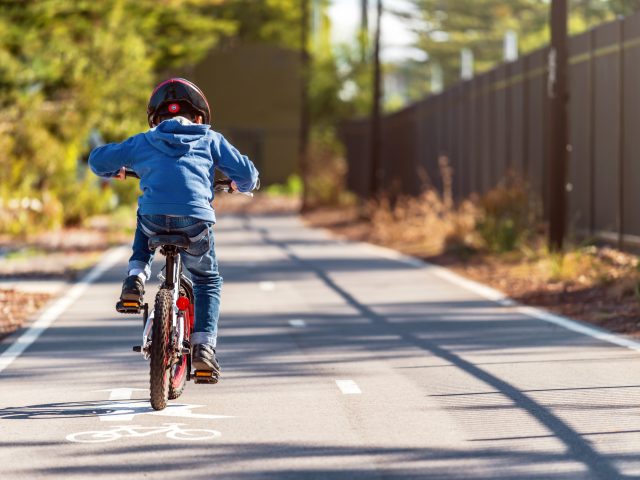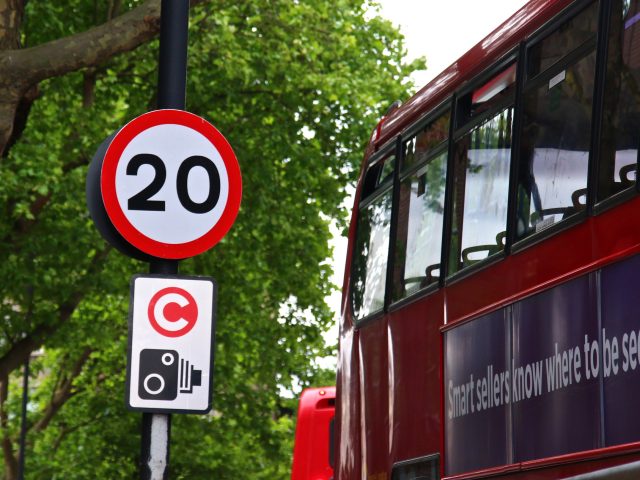European Commission and IEA call for lower speeds on highways
The International Energy Agency and the European Commission have outlined a range of simple steps that people can take to reduce their energy use and save money, and that would save enough oil to fill 120 super tankers and enough natural gas to heat almost 20 million homes if adopted by all EU citizens. The measures include the suggestion to reduce highway speeds, and to walk and cycle or take public transport in urban areas.
The actions, designed to help Ukraine by cutting the EU’s reliance on Russian fuel, and also to reduce greenhouse gas emissions, were presented and discussed by IEA Executive Director Fatih Birol and European Commission Director-General for Energy Ditte Juul Jørgensen during a live-streamed virtual event earlier this month.
This announcement comes ahead of the expected adoption next month of an action plan on Energy use as a follow-up to the RePowerEU communication published in March. ETSC hopes that the strategy will include action on speed limits.
By following all the recommendations in the plan, the typical EU household could save, on average, close to €500 a year, though the amounts would vary depending on the household’s size, location and access to public transport. If all EU citizens were to follow the recommendations at home and in their workplace, it would save 220 million barrels of oil a year and around 17 billion cubic metres of natural gas.
According to the plan’s findings, turning down the thermostat by just 1 °C would save around 7% of the energy used for heating, while setting an air conditioner 1 °C warmer could reduce the amount of electricity used by up to 10%. With an average one-way car commute in the EU of 15 kilometres, working at home three days a week could reduce household fuel bills by around €35 a month, even after taking increased energy use at home into account. As the average car in the EU clocks up about 13 000 kilometres a year, reducing cruising speed on motorways by 10 kilometres an hour could cut fuel bills by an average of around €60 a year.
ETSC has welcomed the suggested measures, which would also help improve road safety by reducing highways speeds, eliminating unnecessary journeys and shifting to modes that pose less risks to other road users such as walking, cycling and public transport.
The announcement followed publication of an open letter by ETSC and other organisations on reducing speed limits in Europe in the Financial Times newspaper, and a letter sent directly to the European Commissioners responsible for climate change and energy earlier this month calling for an EU recommendation to Member States on introducing lower speed limits for cars, vans, and trucks. For motorways, ETSC and other organisations are calling for the limit to be 100 km/h for cars and vans, with an 80 km/h maximum for trucks. On rural roads, a maximum limit of 80 km/h is appropriate. 30 km/h should be the default in urban areas where motorised vehicles mix with pedestrians and cyclists.
The European Parliament has also called for speed limit recommendations from the European Commission, in its report adopted on 6 October 2021.







